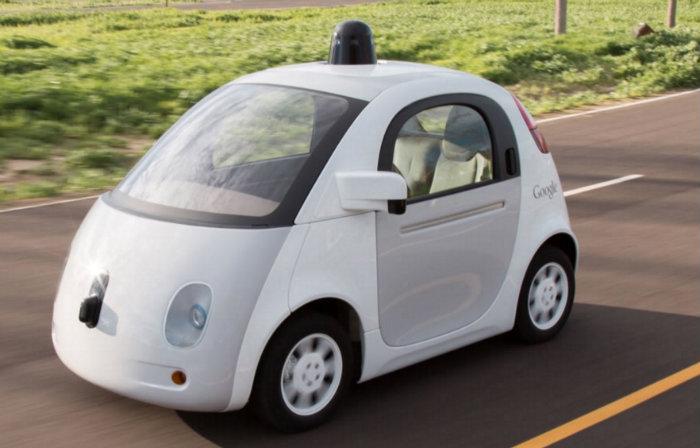-
Tips for becoming a good boxer - November 6, 2020
-
7 expert tips for making your hens night a memorable one - November 6, 2020
-
5 reasons to host your Christmas party on a cruise boat - November 6, 2020
-
What to do when you’re charged with a crime - November 6, 2020
-
Should you get one or multiple dogs? Here’s all you need to know - November 3, 2020
-
A Guide: How to Build Your Very Own Magic Mirror - February 14, 2019
-
Our Top Inspirational Baseball Stars - November 24, 2018
-
Five Tech Tools That Will Help You Turn Your Blog into a Business - November 24, 2018
-
How to Indulge on Vacation without Expanding Your Waist - November 9, 2018
-
5 Strategies for Businesses to Appeal to Today’s Increasingly Mobile-Crazed Customers - November 9, 2018
California DMV wants to ban Google’s proposal for self-driving cars without
Google isn’t feeling the love from California’s Department of Motor Vehicles (DMV), which drafted a set of rules on autonomous vehicles that set several restrictions on their use. Google and traditional automakers advocated for manufacturer self-certification of safety, the standard for other cars. Automotive News says, for example, the DMV already has testing rules in place requiring that experimental vehicles be operated by trained test drivers and have a steering wheel when on public roads.
Advertisement
California’s go-slow approach could benefit Texas, which this summer emerged as a competitor in the deployment of self-driving cars when officials in the capital city of Austin welcomed Google prototypes for company-sponsored testing.
The DMV also wants to require a steering wheel and brake pedal. Seen in that scenario, the company says it is “gravely disappointed” that the newly-formulated regulations are looking to cap the scale and potential of what promises to be a truly transformational endeavor to help change the very essence of how people have commuted ever since the Model T rolled out of the Ford factory in Detroit, MI at the start of the twentieth century. There will be a new “autonomous vehicle operator certificate”, and a certificate holder must be present in any self-driving auto on the road, in the event he or she needs to take control of the vehicle.
Under the proposed law, manufacturers of self-driving cars would be granted a three-year deployment permit, whereby they could lease cars to customers, but not sell them. Cars created to be completely driverless, like that being tested by Google, are to be initially excluded from being granted licenses until their safety and performance can be further evaluated and the regulations revised accordingly.
Commentators point out however, the regulation might be a good thing in the long run.
The California DMV giveth, and the California DMV taketh away.
California’s DMV has said it wanted regulations to protect public safety, but not be so onerous that they would stifle development of a technology that could prove safer than human drivers. Around the same time, Google/Alphabet co-founder Sergey Brin said self-driving cars could be introduced first as a service, to get people used to the technology.
The cars use a suite of sensors – including radar, lasers and cameras – and onboard computers to drive. Fleets of small, self-driving cars could largely replace personal cars in urban centers, reducing pollution, crashes, and the need for residents to own their own cars, some have theorized.
“Safety is our highest priority and primary motivator as we do this”, a Google spokesperson told The New York Times.
Advertisement
As reported by Bloomberg, a person familiar with the matter said the side project is due to be spun-off within the next 12 months under Google’s Alphabet umbrella system.





























